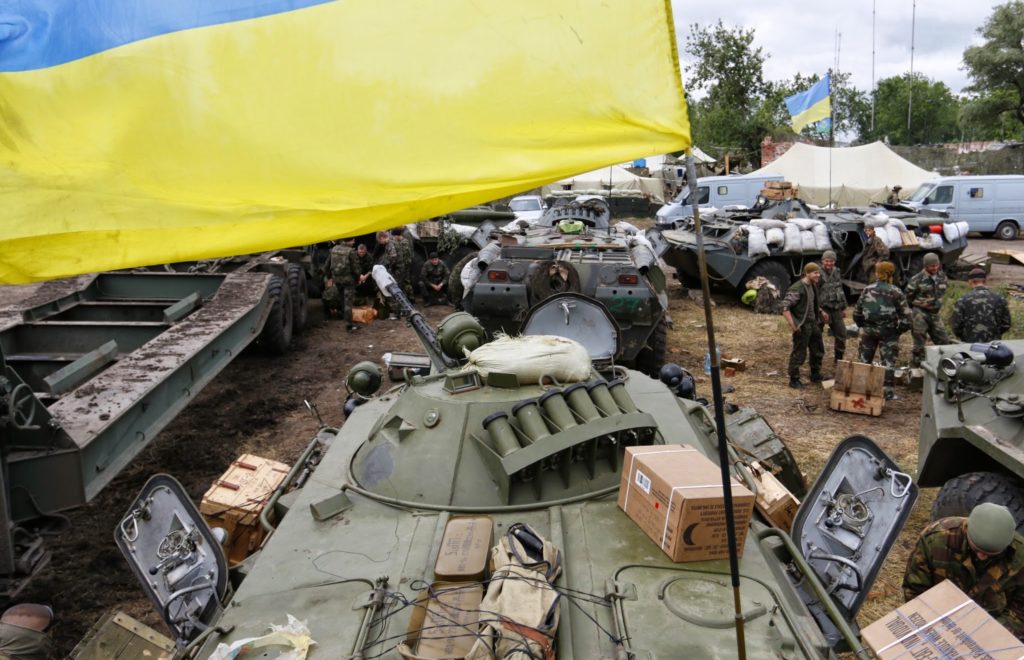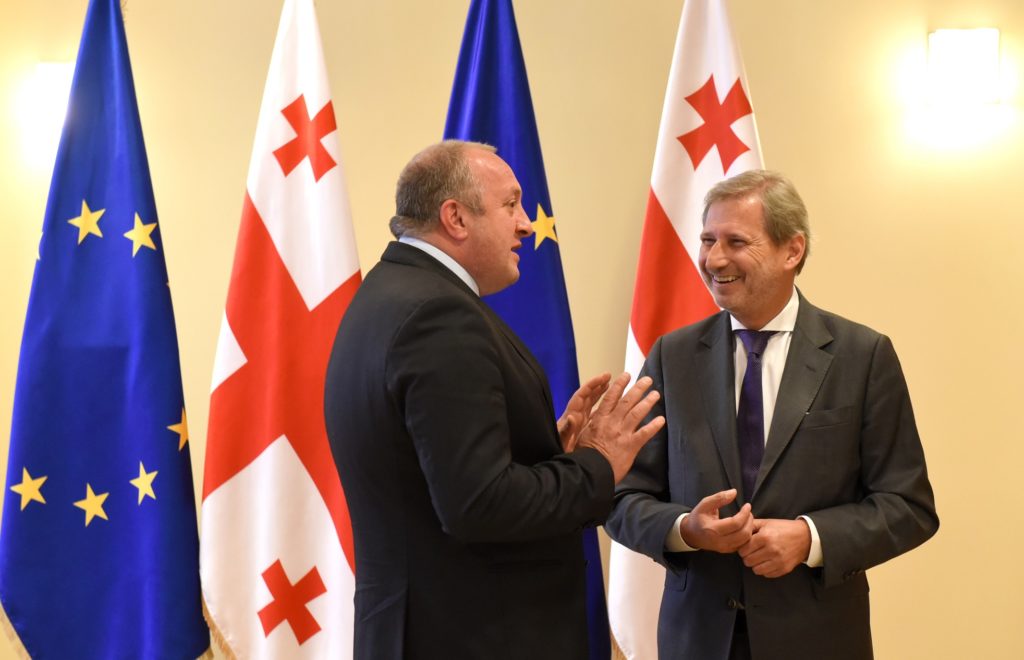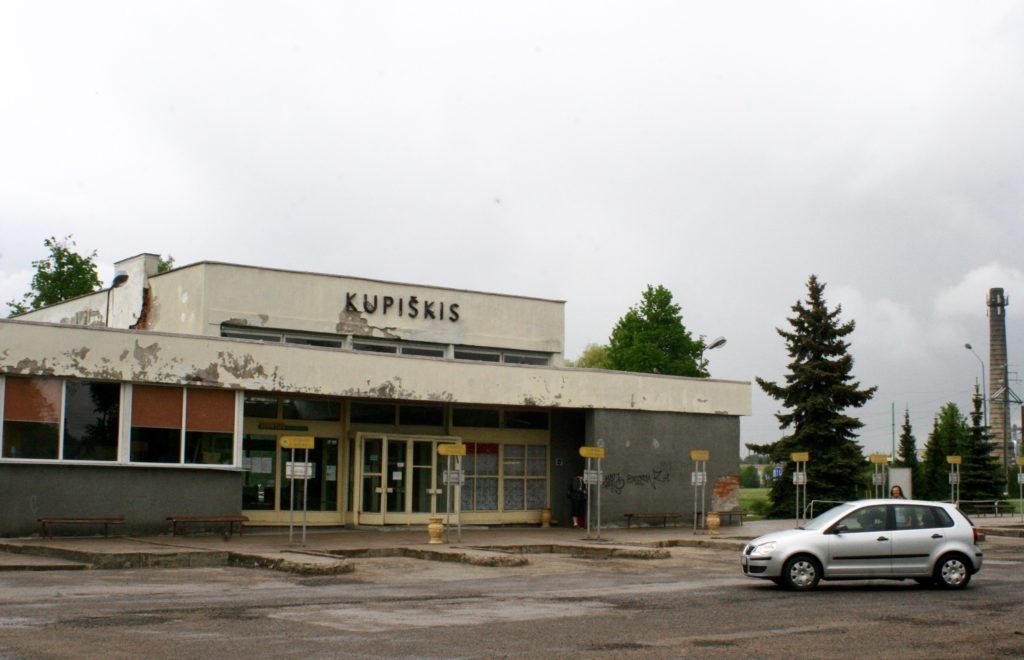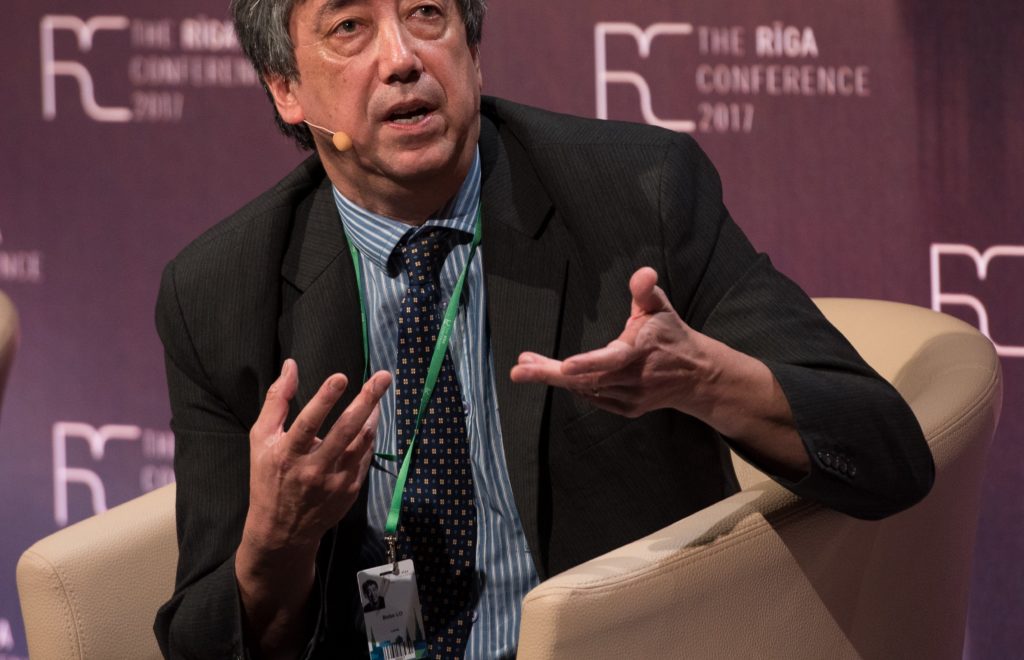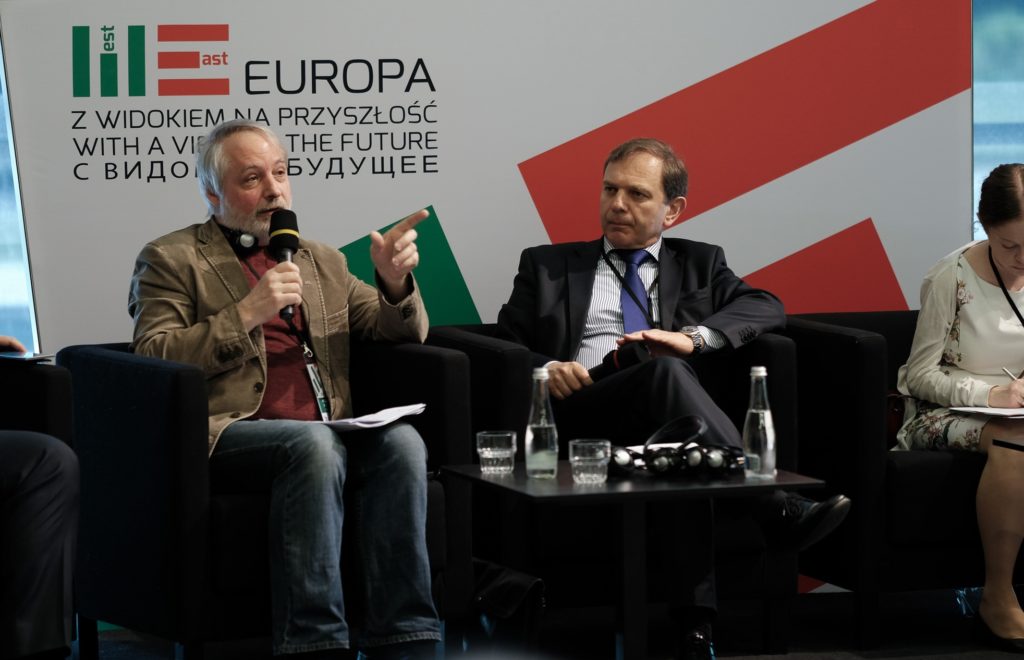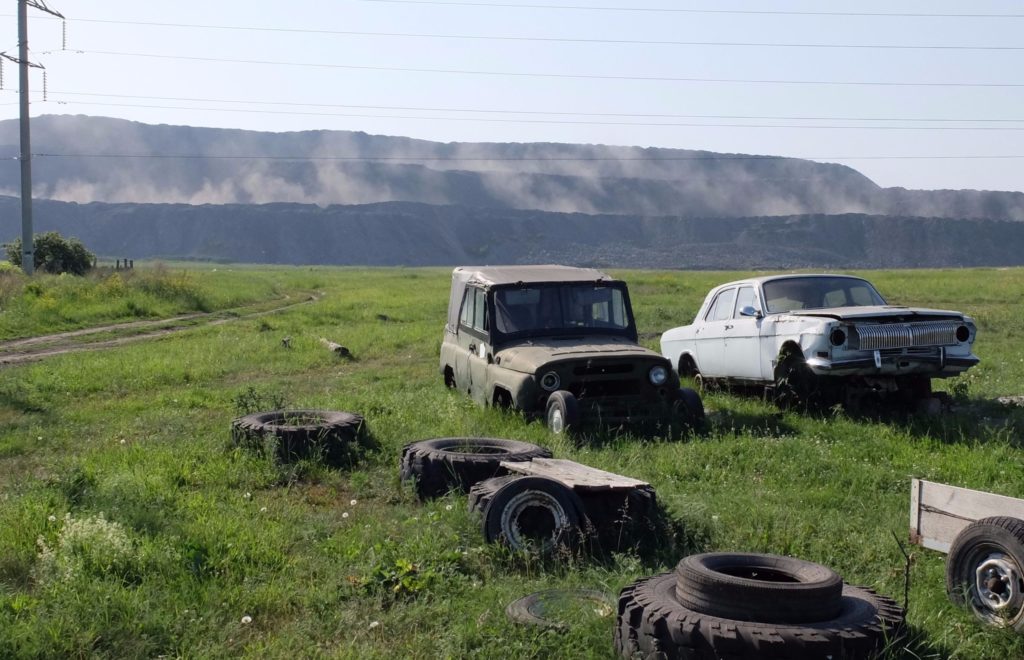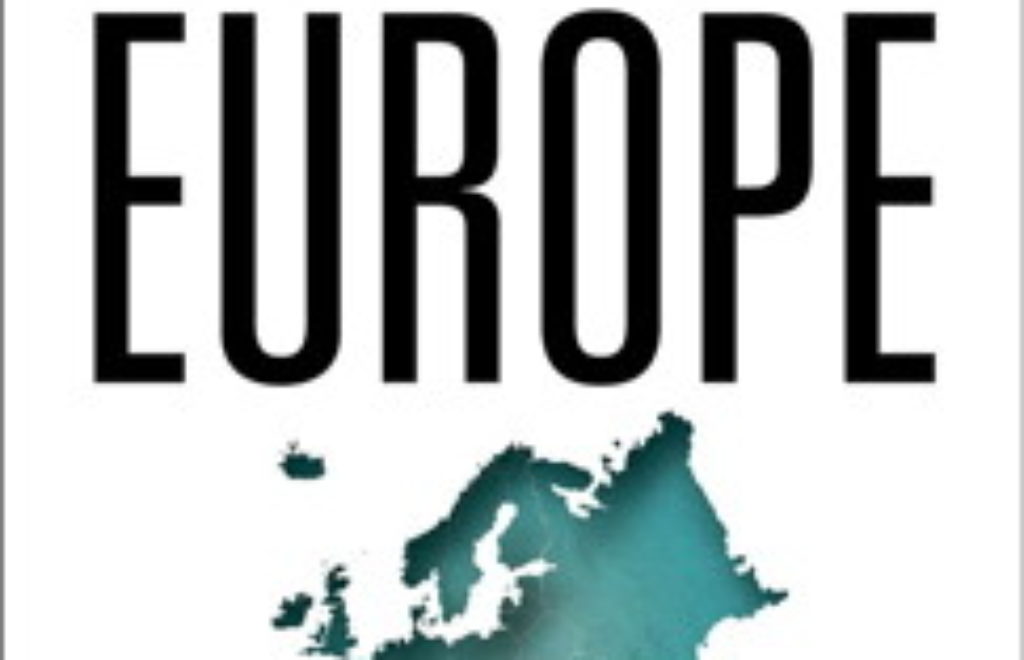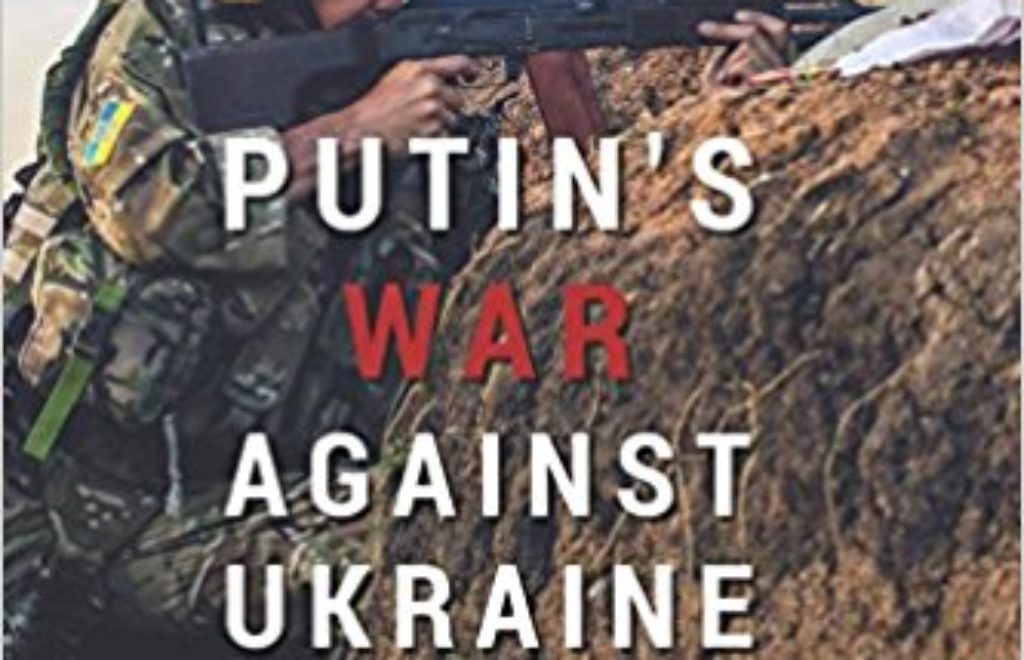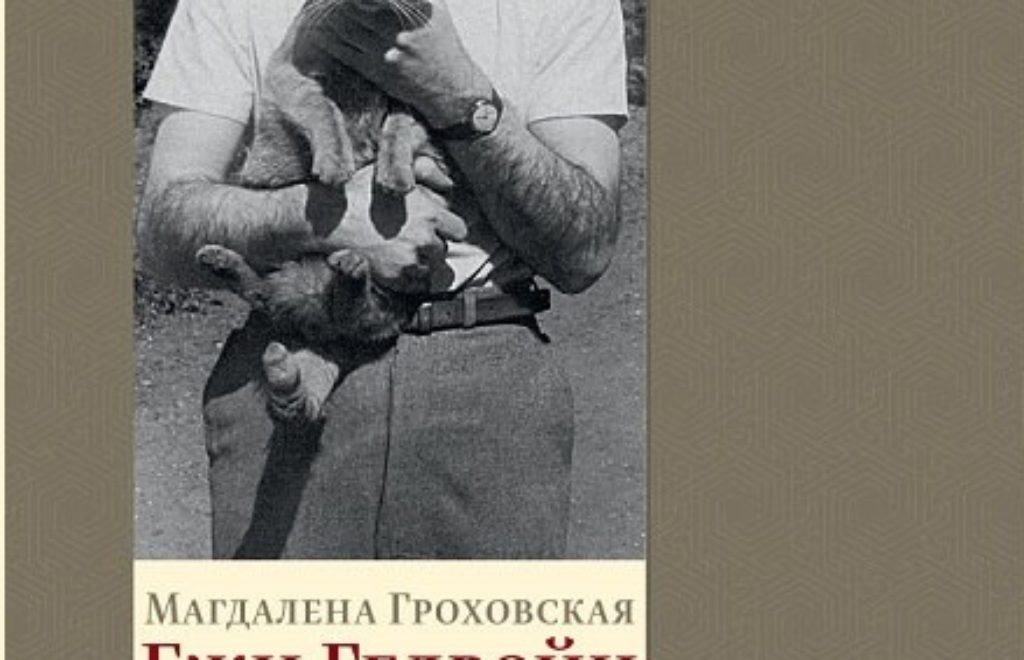The rebranding of Jobbik
Hungary’s Jobbik, a radical right-wing political party, was established in 2003. Its creation was a response to the discontent noted among young voters who felt disappointed with the political situation and was largely related to the right wing’s loss in the parliamentary elections in 2002 when a liberal-left coalition, composed of the Hungarian Socialist Party (Magyar Szocialista Párt, MSZP) and the Alliance for Free Democrats (Szabad Demokraták Szövetsége, SzDSz), came to power.
Jobbik, in fact, emerged from a transformation of a group called the Community of Right-Wing Youth (Jobboldali Ifjúsági Közösség, or JIK for short), that was set up in 1999, after the victory of the Fidesz-Hungarian Democratic Forum (MDF) coalition. JIK was to become a platform for exchanging ideas and working towards consolidating groups with similar right wing and nationalistic views. The group was set up by around 50 people, including Dávid Kovács and Gábor Vona.
October 31, 2017 - Dominik Héjj



